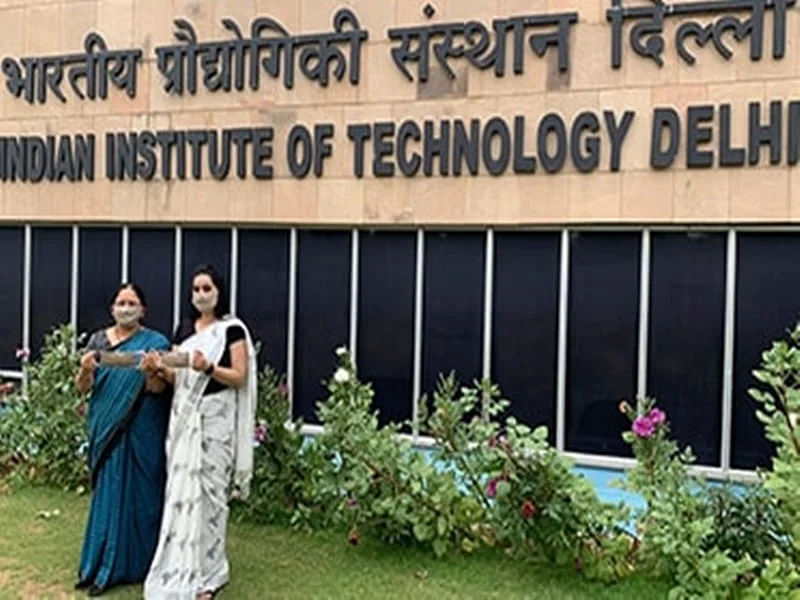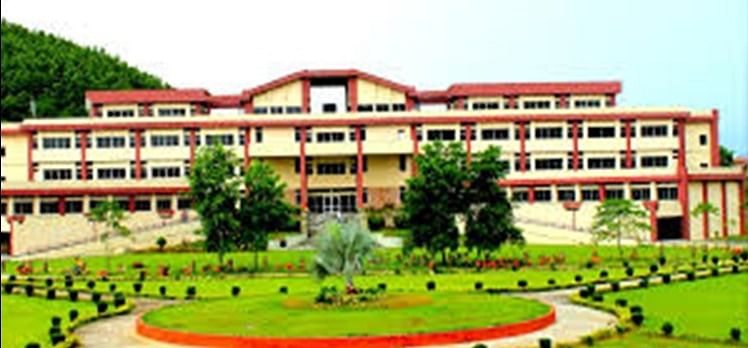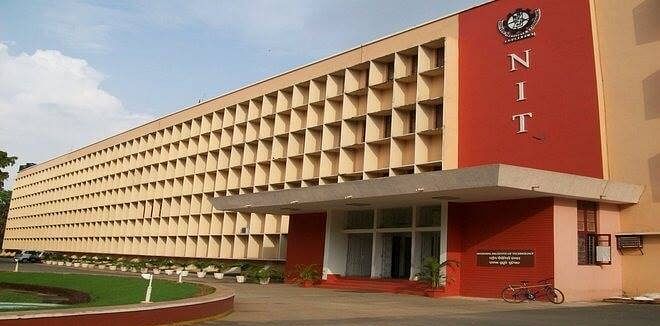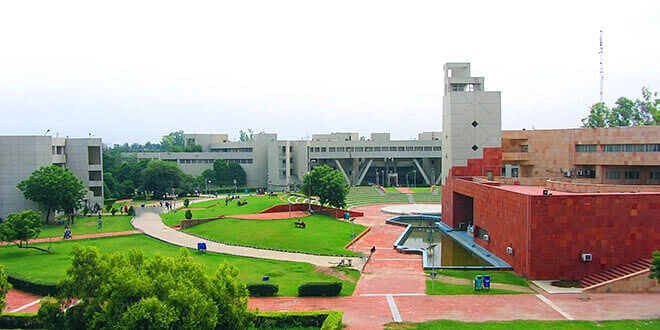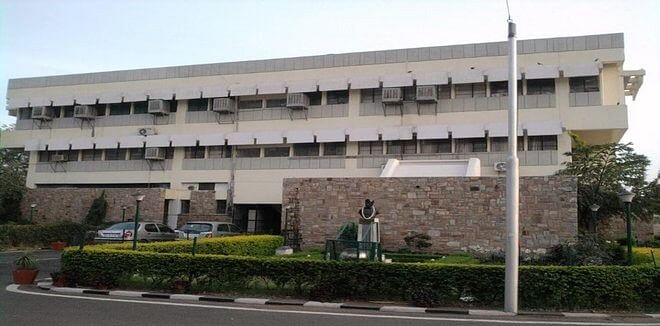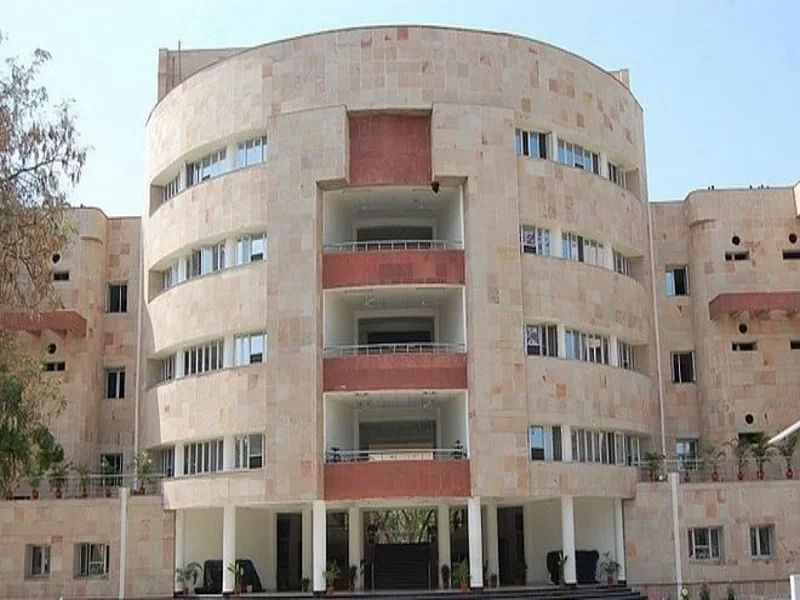M.Tech Production Engineering Syllabus and Subjects

M.Tech Production Engineering syllabus encompasses two years divided in four semesters. The syllabus comprises theoretical and practical subjects dealing with planning, designing, developing, and managing various processes to produce high quality products. The postgraduate production engineering course is designed to focus on developing industry relevant skills and knowledge in students. Some common M.Tech Production Engineering subjects are Facilities Planning, Value Engineering, Project Management, Supply Chain Management, Total Quality Management, Quality Engineering, Work Design and Ergonomics, Operations Planning and Control etc.
Semester Wise M.Tech Production Engineering Syllabus
Production Engineering M.Tech syllabus focuses on studying various manufacturing technologies and manufacturing process related-subjects. It introduces aspirants to a broad range of production engineering concepts that are further categorised into several specializations. Seminar topics for M.Tech Production Engineering emphasize on in-depth learning of concepts related to topics like Facilities Planning, Value Engineering, Project Management, Supply Chain Management, Total Quality Management, Quality Engineering, Work Design and Ergonomics, Operations Planning and Control etc. The semester wise breakdown of the M.Tech Production Engineering syllabus is as given below:
|
Semester I |
Semester II |
|
Machining processes and analysis |
Experimental methods |
|
Welding science technology |
CAM |
|
Metal forming analysis |
Metrology |
|
- |
Computational methods |
|
Semester III |
Semester IV |
|
Facility Planning and Material Handling |
Metal Forming - Principles & Design |
|
Work study and Ergonomics |
Practical Workshop |
|
Computational Methods in CAD |
Evaluation of Research Project and Viva |
M.Tech Production Engineering Subjects
The subjects in M.Tech Production Engineering are designed to enhance the expertise of students in manufacturing technology, the main objective of which is to accomplish the manufacturing processes effectively and efficiently. The M.Tech Production Engineering syllabus includes both theoretical classroom based teaching and practical lab sessions for better understanding of advanced application related concepts. Students study both core and elective subjects to make the two year-long program more flexible. M.Tech in Production Engineering subjects list is as follows:
- Facilities Planning
- Value Engineering
- Project Management
- Supply Chain Management
- Total Quality Management
- Quality Engineering
- Work Design and Ergonomics
- Operations Planning and Control
M.Tech Production Engineering Course Structure
M.Tech Production Engineering course structure is designed to include both core and elective subjects. The course is composed of two years divided into four semesters. In the first year, students are introduced to fundamental production engineering subjects. While in the second year, students are introduced to specific subjects relating to their specialization. In addition, practical lab sessions enhance the understanding of theoretical concepts. The course structure is as follows:
- IV Semesters
- Core Subjects
- Elective Subjects
- Practical Workshops
- Project/ Thesis Submission
M.Tech Production Engineering Teaching Methodology and Techniques
The M.Tech Production Engineering curriculum involves different teaching methods. Along with lectures and practical training, the students are skilled in elective subjects of various specializations. The teaching methodology is designed to offer industry based learning to the students. Listed below are the teaching methodology and strategies in general:
- Group Projects
- Conceptualized Learning
- Traditional Classroom Based Teaching
- Practical Lab Sessions
- Talks from guest speakers
- Seminars
- Semester Abroad Opportunities
M.Tech Production Engineering Projects
M.Tech Production Engineering projects are given to students for interdisciplinary learning. Projects for M.Tech Engineering assist students in getting hands-on experience and training in industrial work. Projects ensure application of concepts learnt and enhance the creativity of students. Some popular M.Tech thesis topics in Production Engineering are:
- Automatic Reverse Braking System
- Fabrication of Pneumatic Material Handling Equipment
- Accident Avoiding System in Punching Machine
- Pneumatic Reciprocating Water Pumping System
- Automatic Gate Open/Close System
M.Tech Production Engineering Reference Books
Production Engineering M.Tech books are available both online and offline in many publications. Students must invest in reference books after proper introspection. Reference books are useful for better learning and clear understanding of subjects. Some of the best reference books for M.Tech Production Engineering are:
|
Name of the Books |
Authors |
|
Fundamentals of Metal Casting |
P C Mukherjee |
|
Production: Manufacturing Processes, Technology and Automation |
R.K. Jain |
|
Production Engineering Research and Development |
Marion Merklein |
|
Design of Experiments in Production Engineering |
Davim, J. Paulo |
